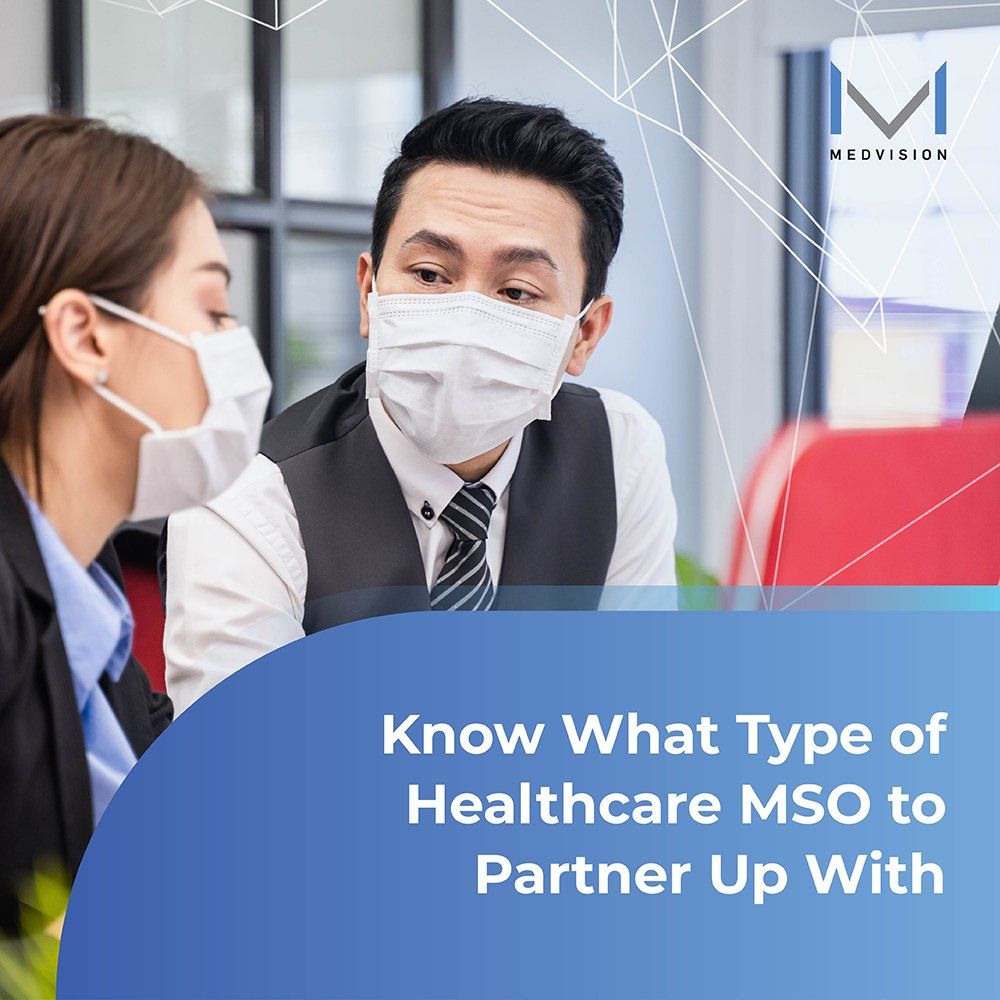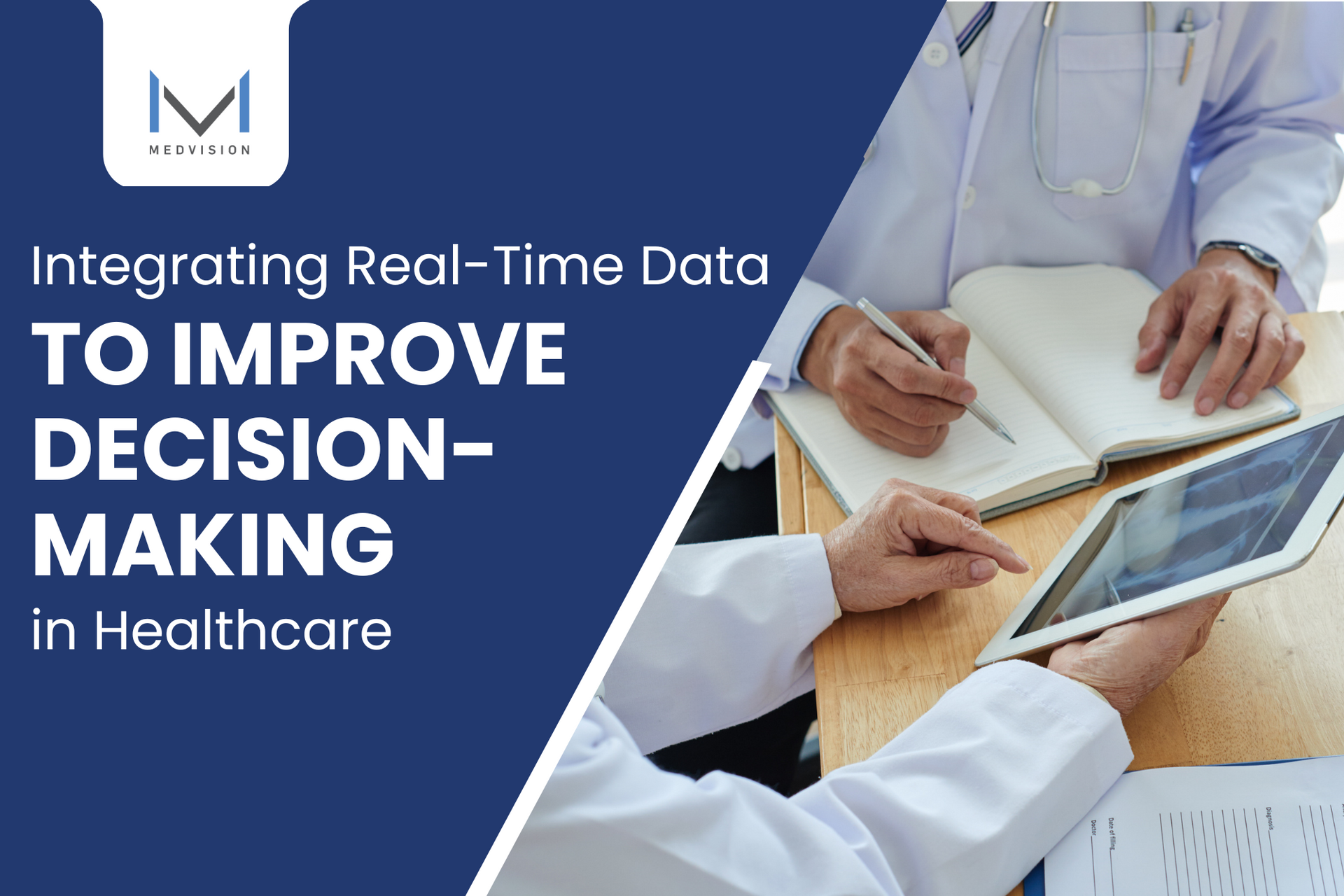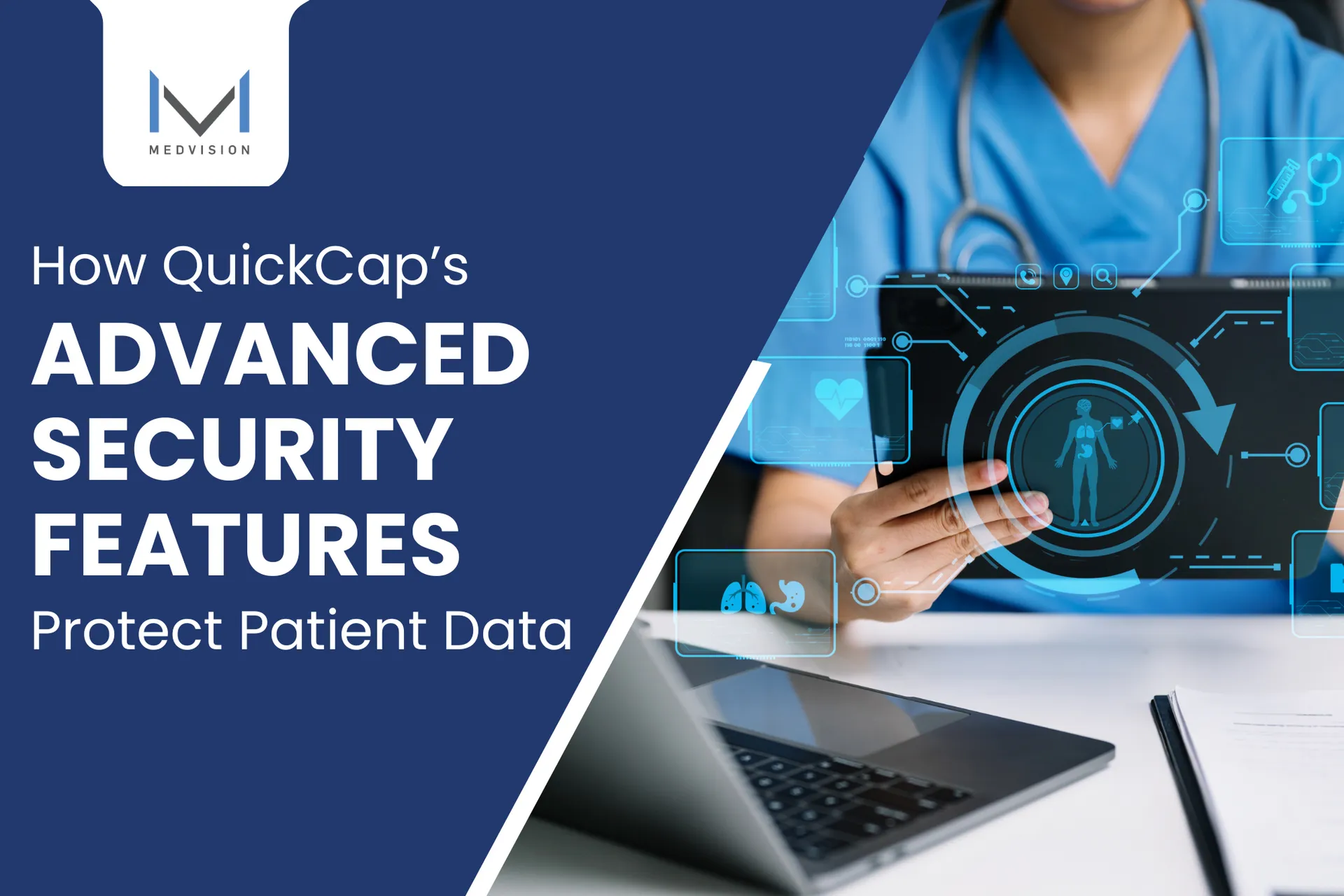How Health Connected Management Increases Outcomes
Case management is a delicate yet crucial balancing act where patients are given plans that coordinate and integrate supporting health connected services that are needed to increase the outcomes. This process guides patients and their families through complex sets of available services offered by health plans, organizations, and the community.

Understanding the Elements of Patient Case Management
Case management can be very broad as a concept in healthcare considering that there are different perspectives involved in understanding it. Health connected case management can be used by payers, health systems, hospitals, health organizations, and physician practices as it encompasses a variety of healthcare aspects along the way.
The clinical significance of the six core elements are identified in a National Center for Biotechnology Information (NCBI) report headed by Sue Lukersmith, which are described below:
Patient Identification and Eligibility Determination
The initial stage of case management involves activities that are focused on the identification of patients who are not currently receiving case management services. This is also the part where their eligibility is determined, with the case manager establishing an interpersonal connection with the client.
Assessment
This part of the case management process covers the construction of detailed, comprehensive profiling of the patient. Patient profiling normally includes their healthcare requirements, social needs, overall capabilities, and the availability of and access to existing resources in their families and communities.
Care Planning and Goal Setting
The planning stage of the case management encompasses all the necessary steps in building a care plan to define treatment tasks, actions, and goals. Aside from the determination of health-related objectives, a well-mapped out support service of care plan increases the likelihood of the patient achieving the intended health results that are tailored to their needs.
Plan Implementation
Implementation is another key component of the whole case management process, where all the tasks and actions related to the expected health outcomes are set into motion. Care coordination comes into play in this stage of the case management plan where care providers, service settings, health organizations, and care institutions are involved.
Plan Monitoring
Continuous monitoring is carried out throughout the whole case management procedure. Feedback that is full, digested, and integrated increases the likelihood of favorable outcomes. The monitoring component includes evaluations, advocacies, and supportive counseling that are directed towards empowering the patient to develop an active role in their overall health outcome.
Transition and Discharge
Once the patient is prepared to move from their current condition to another in the healthcare plan, the appropriate transition begins. The move could be to another facility for further care or to their home. The discharge process is where the patient's case reaches a point of closure where their health connected goals are met and no longer require case management.
Case management focused on helping patients navigate and coordinate healthcare journeys cost-effectively. When done correctly, the construction and implementation of a relevant, feasible care plan will assist patients towards their stated healthcare goals and outcomes optimally in terms of functional capabilities, wellness levels, and self-management capacities.
The Five Benefits of a Successful Case Management System
Healthcare organizations can expect an efficient case management system to quickly provide overall and specific data reports to help resolve complex issues while ensuring optimal solutions are in place. While this is the main benefit of an effective case management system, it also brings about other advantages like the following:
1. Decreased Paperworks
Health connected case management solutions lower the need for paperwork through the implementation of electronic record-keeping systems that are usually stored in a cloud-based data system. Data retrieval is made easier and more efficient, without the need for physical hard copies that can be cumbersome and inconvenient.
2. Remote Access
Data is more readily accessible with the right healthcare case management system. Remote access allows global reach, providing healthcare providers with secure, authorized access to manage their cases conveniently even without setting foot in their physical offices.
3. Real-Time Information Updates
Updated information becomes available to case managers the moment relevant data is uploaded by direct and indirect service providers. Since remote access to current healthcare data is present, healthcare professionals can work on a case at the same time, allowing real-time data-driven decisions for better healthcare case management.
4. Faster Case Resolution
Remote access enables healthcare professionals and providers to work collaboratively to facilitate a quicker resolution of a case through a single user interface (UI). Work efficiency and productivity are increased through this effective remote collaboration.
5. Clear Audit Trails
Electronic record-keeping promotes transparency in all aspects of the work process. Case managers can monitor each step while identifying risks and addressing areas of concern immediately. Metrics and analytics from audit reports can be used as gauges to optimize the resolution of similar cases in the future.

Elevating Health Connected Patient Case Management
Picking case management systems can be tricky for many healthcare organizations. While most healthcare management systems can provide standard solutions, the way that systems operate can become a liability sometimes.
Selecting
value-based integrated healthcare administration solutions such as QuickCap7 (QC7) is key to creating a seamless transition into improved healthcare outcomes through streamlined processes. Designed by MedVision to systematize vital case management functions, QC7 effectively links diverse healthcare data to deliver optimized interoperability information throughout the whole flow of care.
QC7 empowers healthcare providers with customizable health connected modules developed to cater to relevant organizational needs. Case management processes such as authorization, eligibility, healthcare goal management, plan monitoring, and other essential components are
further enhanced by supplementary and complementary modules in the form of claims management, clinical alerts, reports generation, and more.
Level Up Your Case Management Capabilities!
Explore Related Blogs
Recently published articles
Keep in touch
Subscribe to get the latest update
Trending topics
Share your insights on social media
Upcoming events and company news

















